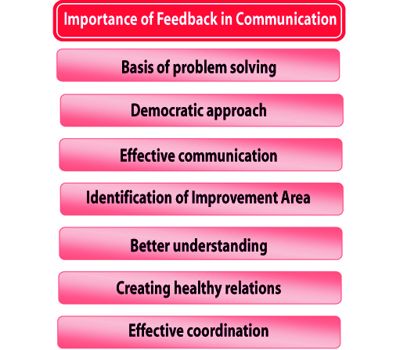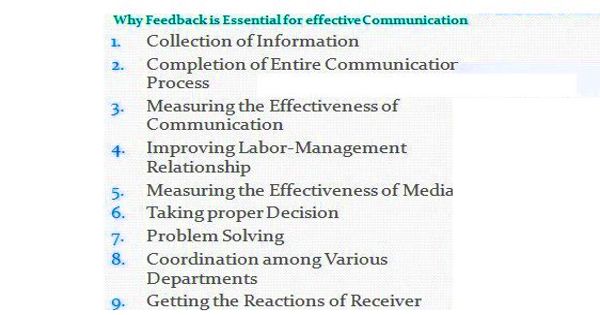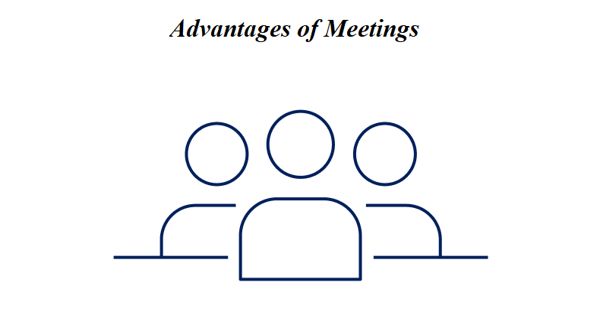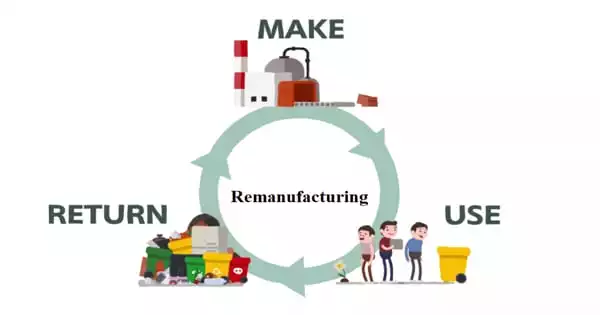Feedback is the final component and one of the important factors in the process of communication. It is important in two-way communication. It is defined as the response given by the receiver to the sender. It completes two-way communications and provides a basis of understanding regarding the successful delivery of a message. If the appropriate feedback is given by the receiver to the sender, then the sender can modify, remodel, his strategy of communication. The advantages or importance of feedback are highlighted below.
Importance of Feedback –

- Basis of problem-solving:
In two-way communication, feedback is compulsory. The sender can only justify the attitude of the receiver if the feedback is provided. So, feedback ensures the basis of problem-solving and this is one of the importance of feedback. For Example, if employees of an organization call for strike from the day after tomorrow it their due salary is not paid by tomorrow. After receiving the message, the management of the organization decides to meet their demand but doesn’t inform the employees. The problem will decide to meet their demand but doesn’t inform the employees. The problem will remain, as the feedback of the management could not reach the employees.
- Democratic approach:
It is a democratic approach to communication. It involves the participation of the receiver and therefore provides scope to express an opinion. It is another advantage of feedback.
- Making correct decision:
Feedback communicates the receiver’s opinion to the sender. Considering this opinion, the communicator can take proper decisions. Information of the receiver can also improve the quality of decisions.
- Effective communication:
Two-way communication gets confirmed that the message is rightly sent and can understand the success or failure of communication. To continuously improve, a company needs to stay well connected from within, aligned with its goals, improve services and develop strategies.
- Identification of Improvement Area:
Feedback gives input to the sender regarding the message provided by him. Involving more and more employees with feedback, helps a business get significant insights and make well-informed decisions. This helps to improve the communication problem.
- Better understanding:
Feedback helps to understand the view and opinion of the receiver. Employees generally know a great deal about the company’s performance, so, involving them in a feedback process means their valuable insights can be further utilized to improve business performance. With better understanding, the sender decides for the next step.
- Creating healthy relations:
One-way communication cannot create healthy relationships in the case of labor management. It is an essential step of communication without which communication process is incomplete. Hence two-way communications are effective and therefore lower-level employees can depend on feedback to raise their voice.
- Effective coordination:
Feedback enables effective coordination in an organization. By analyzing the reaction, positive or negative, the sender of the message can measure to what extent communication is effective and what are the limitations with it. All concerned departments can share the work-in-progress through the means of feedback. It supports the successful completion of a job or transaction.
Information Source:
















